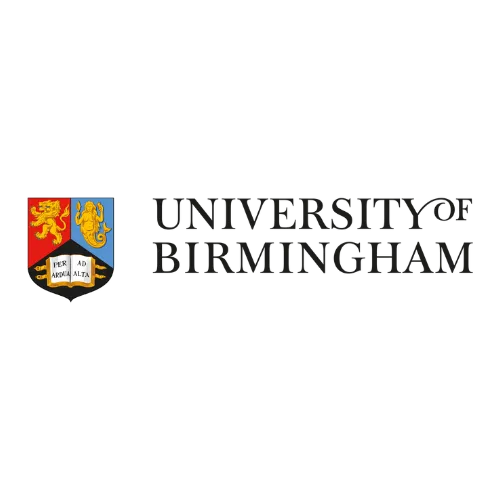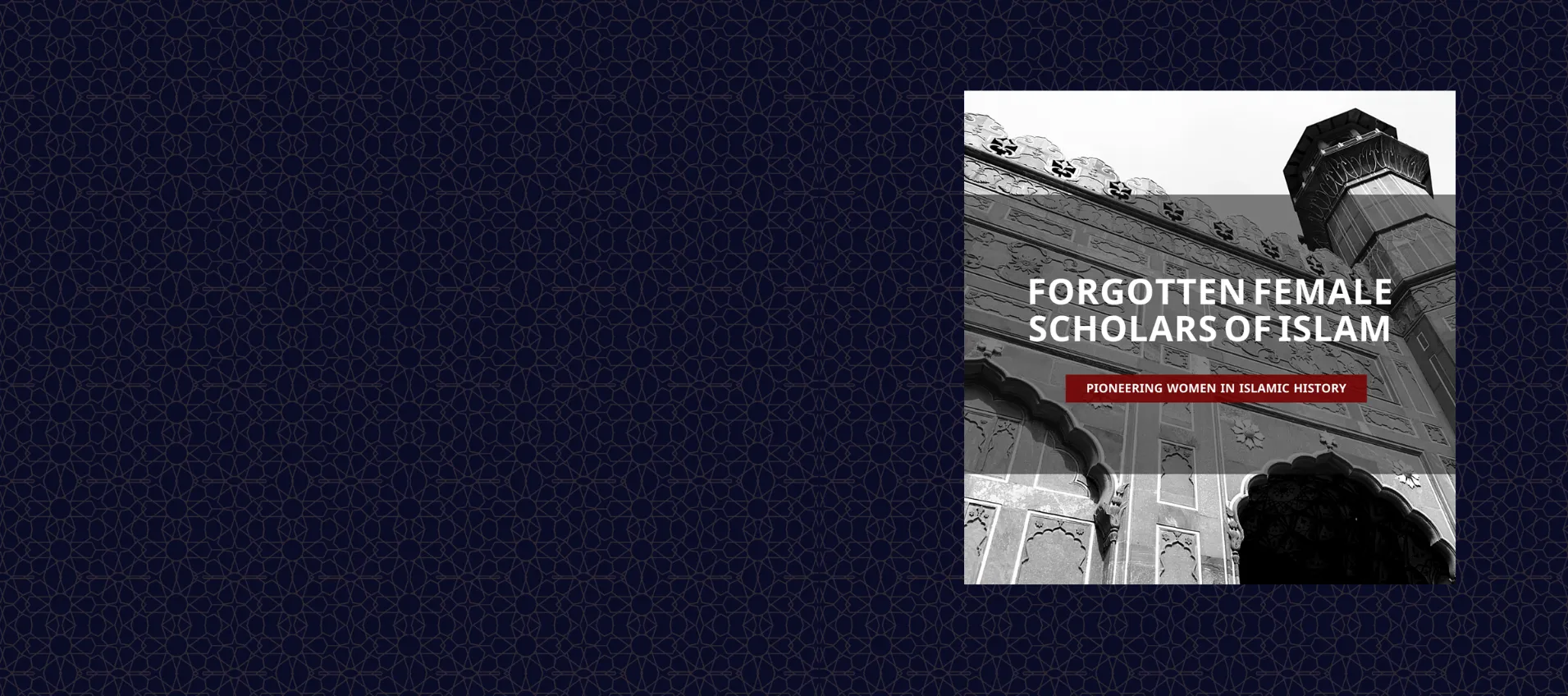
As a scholar and teacher in the royal household of Mughal Emperor Shah Jahan, she progressed through the ranks of the imperial court until being appointed as the instructor of Emperor Jahan Ara Begum. With her expertise in Quran Recitation, she was also skilled in public oration, medicine, and Persian literature. Shah Jahan’s wife employed her to manage the affairs of the house (yes, this is an art). Upon her demise, the Emperor released Rs.10, 000 for her funeral. She is buried in the western side of the Taj Mahal complex.
Born in 1638, she was the eldest child of Emperor Aurangzeb. This is the tomb of Princess Zeib un Nisa: daughter of the Mughal emperor Aurangzeb. After memorising the entire Quran at the young age of 7, she went on to master Arabic, Persian, Astronomy and several other disciplines. Her passion lay in literature and the written word. So, while only 14 years old, she began writing Persian poetry. She continued to write poems under the pen name of ‘Makhfi,’ (Hidden).
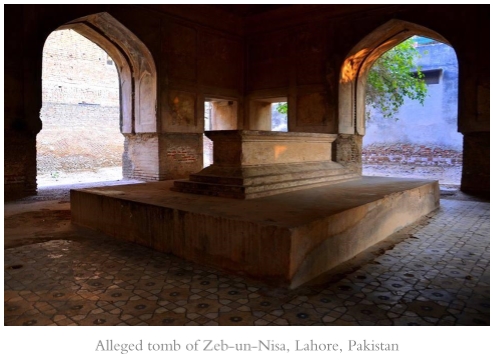
Beghair sabza na poshad kasa mazār merā
Ke qabr posh gharibān hamin geyah bas ast
Cover my grave only in grass and dirt
For this is how the graves of paupers be.
At least in the South Asia, or perhaps the world, she remains the only female to have a Tafsir of the Quran. In addition to her intellectual pursuits, she pledged herself to a spiritual mentor for inner development and financially supported scholars throughout her life.
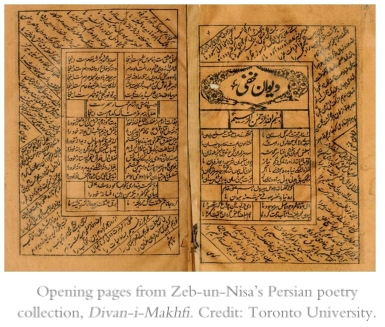
Sayyida Fatima bint. Qadi Muhammad Hasan was born in Khanpur. She studied under her father and her brothers Qadi Abd al-Ahad and Qadi Muhammad – all of whom were accomplished scholars. She passed away in 1881.
Amatul Ghafur al-Dihlawiyya was the daughter of Shah Ishaq al-Dihlawi: a pillar of hadith in the Indian Subcontinent during the 19th Century. She studied under her father until emerging as a seasoned scholar of Hadith and Fiqh. After marrying Shaykh Abd al-Qayyum al-Siddiqi, she moved to Bhopal. Her biographers note that when her husband would have difficulty in matters related to Hadith and Fiqh, he would seek her assistance.
Sayyida Shams-un-Nisa, daughter of the hadith scholar Sayyid Amir Hasan. Her father taught her Tajwid, Calligraphy, Grammar, Morphology, Tafsir, Mishkat al-Masabih, and then the six canonical hadith collections. She emerged as one of the foremost hadith scholars of her time, memorising hadith texts with their chains of transmission.
Born in 1863, in Bajariyakot, Sailha bint Inayat Rasul was the granddaughter of Qadi Ali Akbar al-Abbasi. She studied all of the standard textbooks with her father, covering both religious and instrumental sciences.1 She passed away during the lifetime of her father.
This noble scholar was born in1869 to Shaykh Sabir Husayn al-Siddiqi in the month of Shaban in Rampur. There, she was carefully nurtured by her father who paid great attention to the spiritual and intellectual growth. She travelled with him to Bhopal and learnt Calligraphy and Persian Literature from him. Later on, she studied Grammar, Morphology and other instrumental sciences such as logic and rhetoric. As for hadith, she studied Bulugh al-Maram and some of the canonical hadith collections. She obtained authorisation in hadith from many scholars. Dedicating her life to the study and research of Hadith and Tafsir, she became known for commitment to reciting the Quran and extensive night prayers. At a young age, she passed away on 12 Safar in Moradabad.
Amatullah al-Dihlawiyya is the daughter of Imam Abd al-Ghani al-Dihlawi; the epicentre of hadith in South Asia. She lived in Medina Sharif and like her father, was the cynosure of hadith transmission in her time. As her father was a spiritual mentor of the Naqshbandi Order, she too took this as her spiritual path and thus the oceans of inner and outer knowledge gathered within her person. She completed the Quran and the study of the Islamic Sciences under the guidance of her father. She read the six books of hadith to him numerous times, along with other hadith collections and all of the musalsal hadith. Although her father authorised her in hadith, his insight into hadith transmission led him to seeking authorisations for her from his own teachers; for this reason, she is equivalent to him in terms of hadith transmission. Despite this, she endeavoured to take hadith from other leading scholars and committed herself to hadith studies. The leading hadith master of the Hijaz, Shaykh Umar Hamdan al-Mahrisi is one of the many hundreds who received ijazah from her. Upon the demise of Shaykh Abd al-Ghani, students and scholars began to flock to her to study hadith. Usually, Shaykh Ibrahim Sa’d al-Madani would take the role of lead reader in her hadith sessions, reciting parts of Sahh al-Bukhari and Sahih Muslim along with the beginning of Musannaf Ibn Abi Shayba, AL-Awa’il al-‘Ajaluniyya, and –al-
Fawa’id al-Jalila. She would then read the Musalsalat Imam Ali b. Dhafir al-Witri and some of litanies before granting authorisation and ijazah to the attendees. She reached over 100 years of age and was the last surviving person to have studied hadith under the students of Shaykh Abd al-Aziz al-Dihlawi. Her students include:
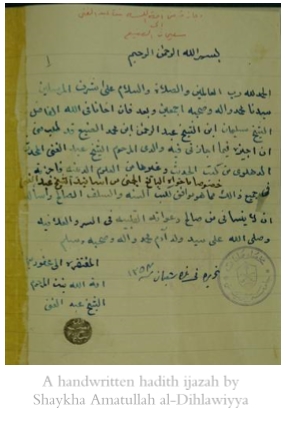
Our graduates progress to postgraduate studies at leading institutes, including:
